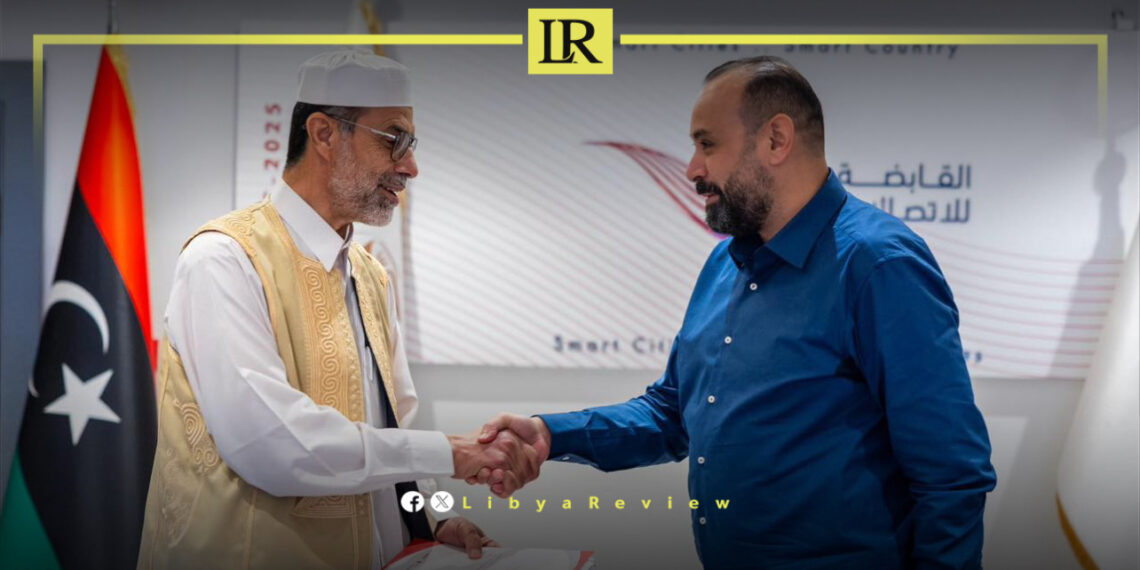Libya’s Telecom Holding Company (LHC) has officially handed over the new digital Hajj system to the General Authority for Hajj and Umrah Affairs. The delivery was confirmed today, Monday, during a meeting between LHC Chairman Mohamed Ibrahim Bin Ayad and the Head of the General Authority, Ali Mohamed Al-Bashir, held in the capital, Tripoli, according to a statement on the company’s official Facebook page.
This digital system is expected to streamline the management of Hajj and Umrah applications, making it easier for Libyan citizens to register and participate in the pilgrimage.
In related news, the latest data from the General Authority for Hajj and Umrah Affairs reveals that 944,038 Libyan citizens have registered for the 1446 AH – 2025 Hajj season lottery as of Sunday. The registration period, which opened on October 17, will continue until November 17, according to the Authority.
The breakdown of registered applicants includes 546,489 men and 397,547 women. Additionally, 196,080 of the registrants are over the age of 60.
Libya has been in chaos since a NATO-backed uprising toppled longtime leader Muammar Gaddafi in 2011. The county has for years been split between rival administrations.
Libya’s economy, heavily reliant on oil, has suffered due to the ongoing conflict. The instability has led to fluctuations in oil production and prices, impacting the global oil market and Libya’s economy.
The conflict has led to a significant humanitarian crisis in Libya, with thousands of people killed, and many more displaced. Migrants and refugees using Libya as a transit point to Europe have also faced dire conditions.
The planned elections for December 2021 were delayed due to disagreements over election laws and the eligibility of certain candidates. This delay has raised concerns about the feasibility of a peaceful political transition.
Despite the ceasefire, security remains a significant concern with sporadic fighting and the presence of mercenaries and foreign fighters. The unification of the military and the removal of foreign forces are crucial challenges.


